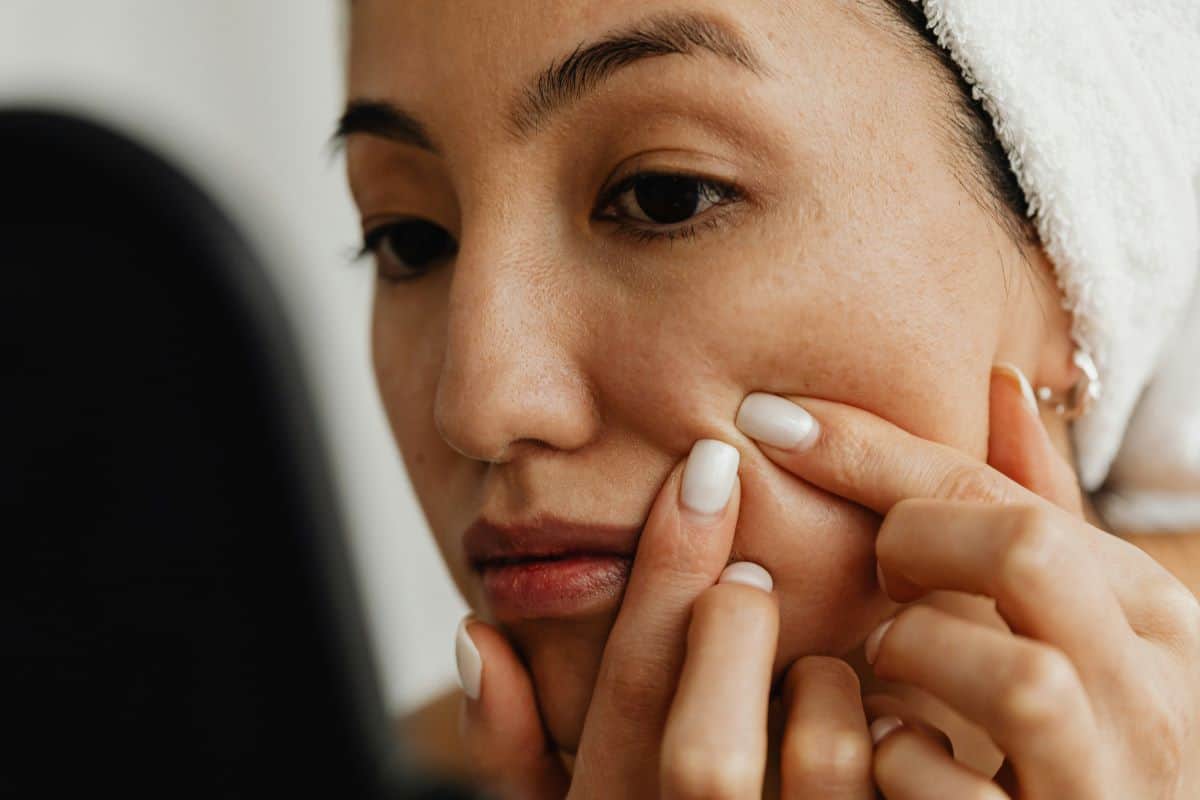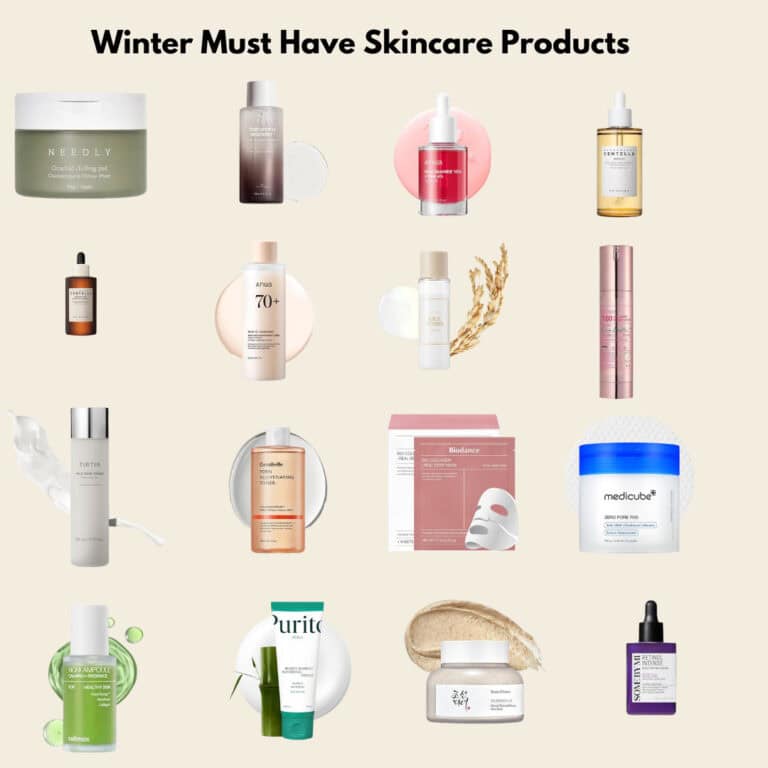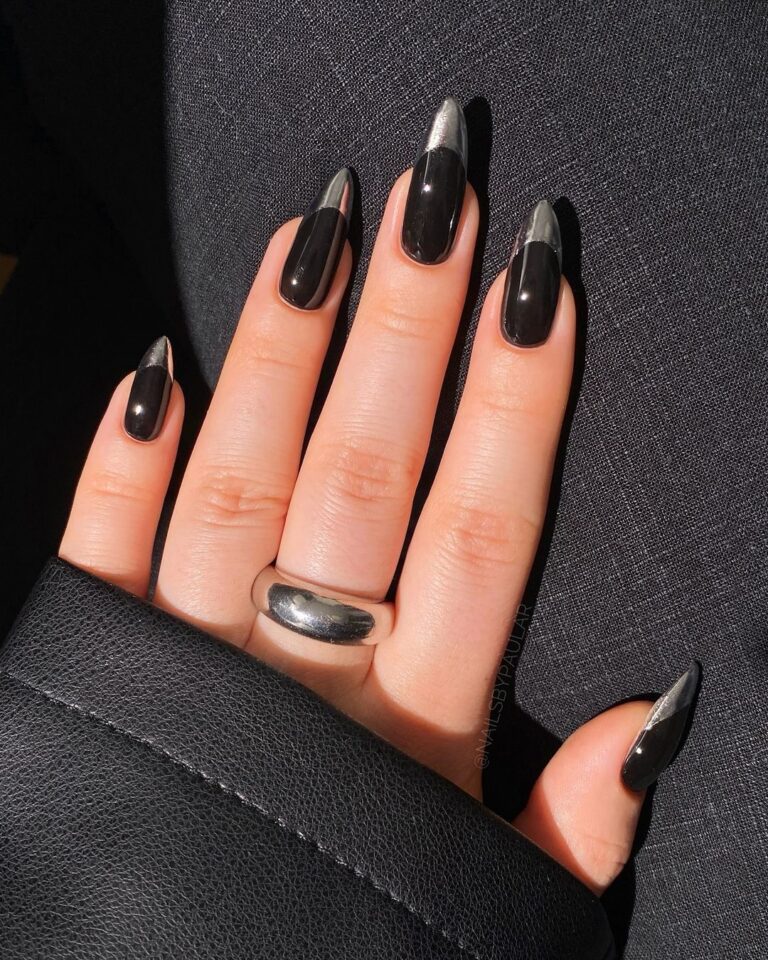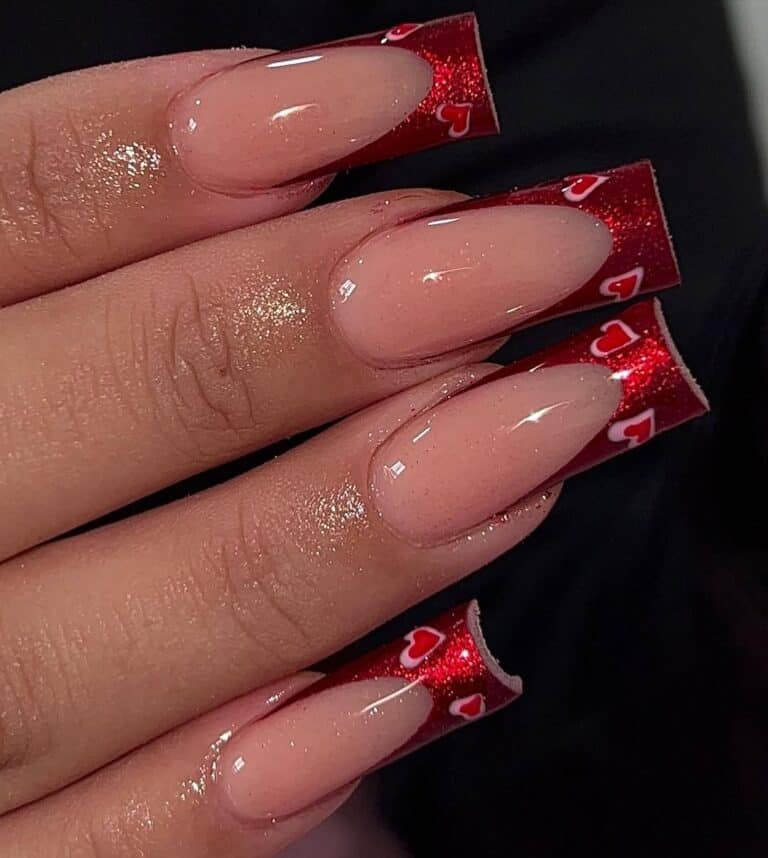
Introduction to Baking Soda and Skincare
Baking soda has found its way into many skincare routines, particularly as a homemade solution for blackheads. Propelled by numerous videos on platforms like TikTok, this household item is praised for its simplicity and availability. Yet, the feedback from these social media platforms is mixed, with some users swearing for its effectiveness while others caution against potential skin damage. Intrigued by these contrasting views, I delved into research to uncover the truth behind baking soda’s role in skincare, focusing on its ability to combat blackheads.
Understanding Blackheads and Skin Types
Blackheads form when pores clog with a mixture of dead skin cells and excess oil. This blockage causes the pores to expand, and when exposed to air, they oxidize, turning black. Different skin types react variably to this issue. Oily skin, due to its high sebum production, is more prone to blackheads. In contrast, combination skin may experience them in specific areas like the T-zone, where oiliness is more common. Sensitive skin, however, demands special attention. The aggressive nature of baking soda, with its high pH, can disrupt the delicate balance of this skin type, leading to irritation and possible worsening of skin conditions. Acknowledging your skin type plays a pivotal role in tackling blackheads effectively. Without this awareness, using a harsh remedy like baking soda could do more harm than good, especially for those with sensitive or acne-prone skin where the integrity of the skin’s protective barrier is vital.
Why Baking Soda Can Be Problematic
Baking soda, known scientifically as sodium bicarbonate, boasts alkaline properties. This characteristic places it on the higher end of the pH scale, differing significantly from the skin’s natural, slightly acidic mantle. An alkaline substance like baking soda disrupts this balance when applied to the skin. The immediate consequence for many is irritation, a situation that worsens with repeated or concentrated application.
Such disruption not only causes discomfort but also exacerbates skin dryness. The skin, striving to restore its pH balance, may overcompensate by producing more oil, ironically leading to more blackheads or acne in the long run. This cycle of imbalance and overproduction underscores why baking soda might not be the skin saviour it’s often portrayed as.
Alternatives do exist and prove far gentler and more beneficial for blackhead management. Ingredients such as salicylic acid, known for penetrating and cleaning pores, and natural oils that help maintain moisture without clogging, serve as effective remedies. These offer a route to clearer skin, underlining the value of resorting to methods that respect and preserve the skin’s natural barrier.
Alternative Remedies and Skincare Tips
Turning away from baking soda, I recommend exploring safer alternatives for managing blackheads. Salicylic acid, a beta-hydroxy acid, works wonders by penetrating pores to loosen blackheads, making them easier to remove. Clay masks come as another benign option, absorbing excess oil and drawing out impurities from the skin. Tea tree oil also mentions itself in this list for its antibacterial properties that can help reduce blackheads over time.
Adopting a consistent skincare routine plays a pivotal role, too. Regular gentle exfoliation helps in removing dead skin cells that contribute to blackheads. Following up with adequate moisturising helps maintain the skin’s barrier, preventing excessive oil production. Never underestimate the power of daily sunscreen application; it protects against harmful UV rays that can exacerbate skin issues.
Blackheads that persist despite these measures may require professional attention. Don’t hesitate to consult a dermatologist. They can provide personalised advice and treatment options, considering your skin’s specific needs.
Beyond Baking Soda: Next Steps for Clear Skin
Reflecting on the journey through the landscape of blackhead removal, it’s clear that baking soda, commonly praised for its versatility, raises concerns when deployed against skin blemishes. While effective in many home solutions, this kitchen staple does not align with the delicate balance required by our skin. The pH imbalance it can provoke underscores the potential for harm, emphasizing why a critical look at such home remedies is necessary. The crux of the matter lies in recognising the intricacy of our skin’s needs; what works for one might wreak havoc on another. Hence, understanding your skin type isn’t just beneficial—it’s mandatory.
There are many safer alternatives for skin care. Ingredients like salicylic acid and clay masks provide gentle and effective cleaning, offering a kinder option compared to the roughness of baking soda. Natural oils and chemical exfoliants also offer ways to achieve clear skin without the risks of DIY methods. Remember, the success of any skin treatment depends on using it regularly and ensuring it fits well with your overall skincare routine. Being careful and informed about what you use can lead to better skin health.
This is an invitation to explore but with a warning. To achieve clear skin, you need to commit to researching, be open to talking with skin experts, and be ready to try and learn from different treatments. Patience is key, allowing time for each treatment to show results. Although there may be challenges, the goal of having healthy-looking skin is always within reach.
The essence of our exploration makes us understand that the pursuit of clear skin transcends the simplistic notion of quick fixes. It’s a testament to the resilience required to nurture our bodies, acknowledging the uniqueness of each individual’s skin and respecting its boundaries. So, as we move beyond baking soda and its limited purview, let’s embrace a routine that celebrates dedication and patience. In doing so, we affirm our commitment to not just clear skin but to a healthier, more informed approach to skincare—one that cherishes our skin’s wellbeing as a reflection of our holistic health.
What has been your journey in finding the right skincare routine, and how have patience and expert advice played a role in your success? Share your experiences and insights below!
You might also like A guide to Nourishing your skin.






